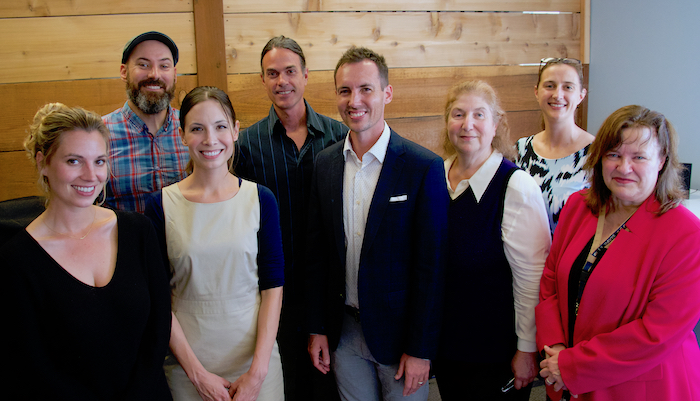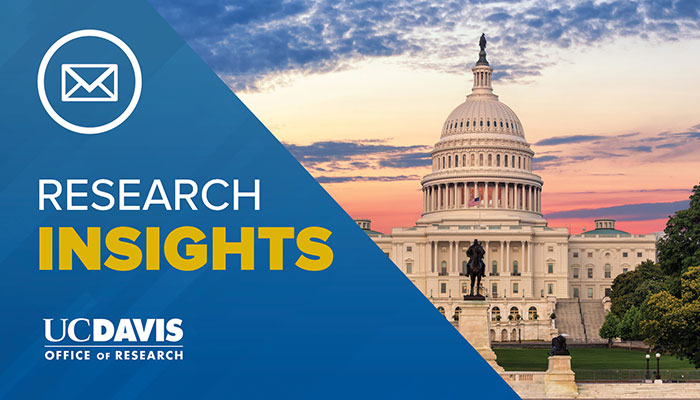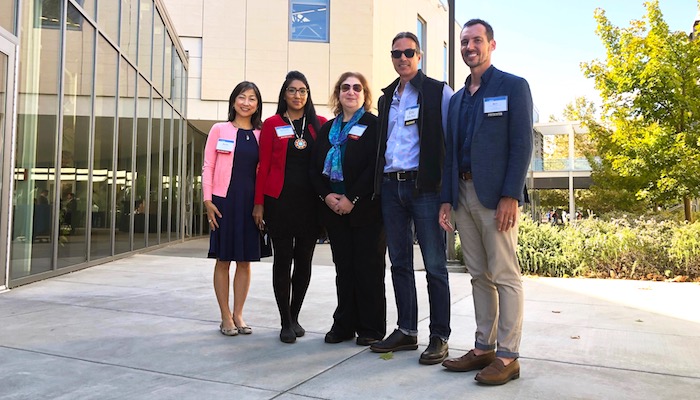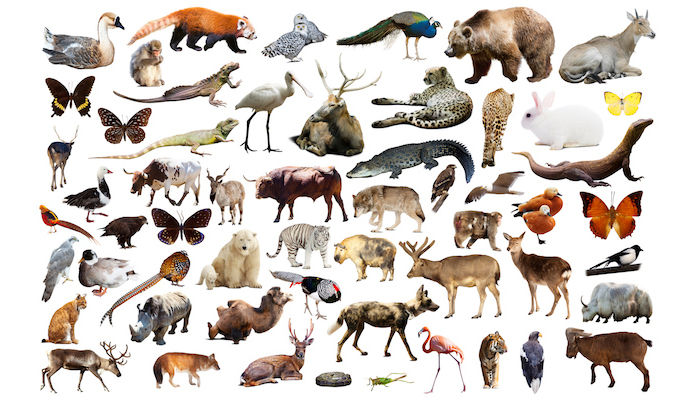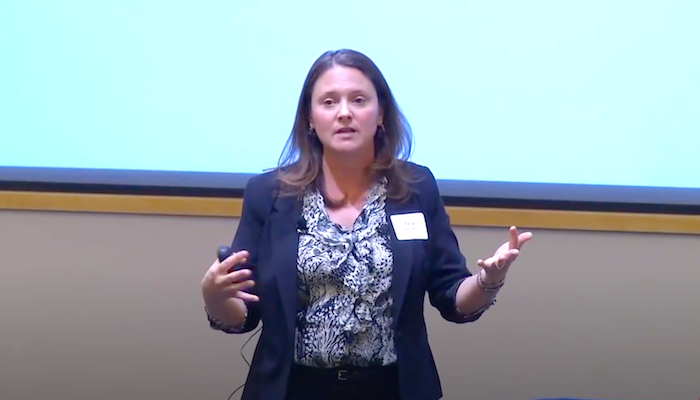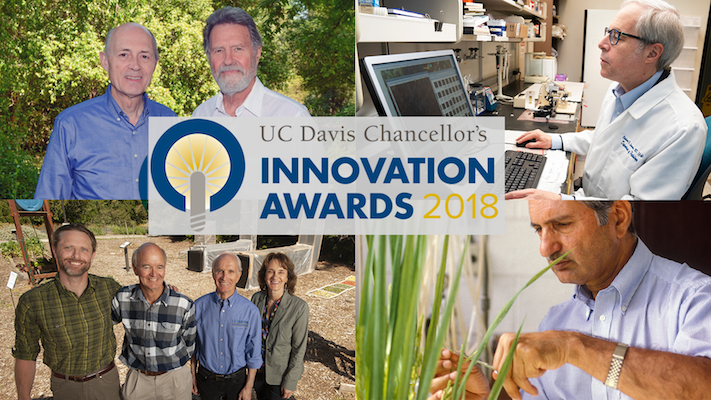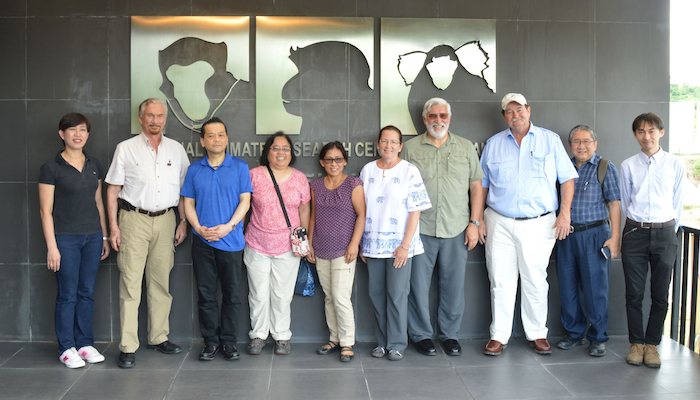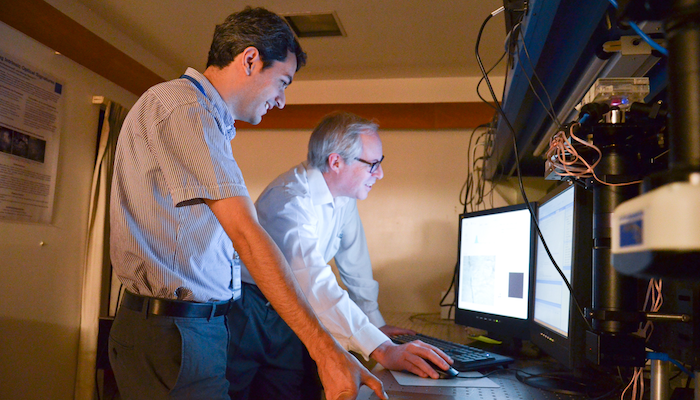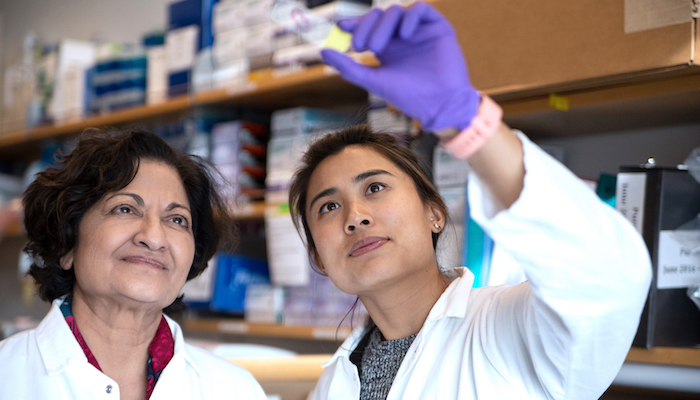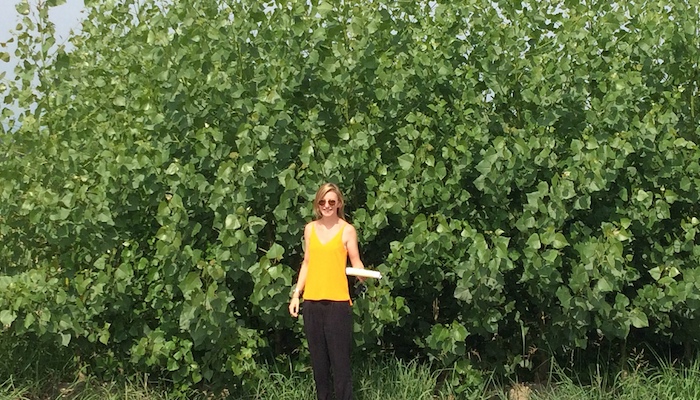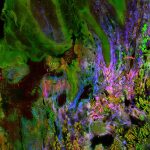Muir Institute Selects Fellows to Further Its Environmental Mission
By Lisa Howard
The John Muir Institute of the Environment at University of California, Davis, is pleased to announce the selection of six UC Davis experts for its inaugural class of fellows. The fellows were identified as those who have made a real-world impact on society and have the potential to help further the Muir Institute’s core environmental mission of solutions-based, policy-relevant research, education and outreach.
“The inaugural class of Muir Institute fellows epitomize the depth, breadth and diverse career stages that make the institute a global leader in environmental problem-solving,” said Benjamin Houlton, director of the Muir Institute. “From clean energy research to research addressing the overarching challenges of conflict and cooperation in society, the group of fellows demonstrate our unique interdisciplinary DNA – leveraging the expertise of UC Davis’ colleges and professional schools. Each fellow was awarded funding to seed new innovative efforts that benefit people and the planet,” said Houlton.
2017 Muir Institute Fellows
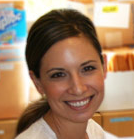 Rebecca Hernandez is an assistant professor in the Department of Land, Air and Water Resources. Her research focuses on sustainability and aridland ecology, such as California’s deserts. Hernandez is developing a new Wild Energy Initiative, which seeks to guide the world toward sustainable paths of energy development that give rise to co-benefits for the economy and the environment.
Rebecca Hernandez is an assistant professor in the Department of Land, Air and Water Resources. Her research focuses on sustainability and aridland ecology, such as California’s deserts. Hernandez is developing a new Wild Energy Initiative, which seeks to guide the world toward sustainable paths of energy development that give rise to co-benefits for the economy and the environment.
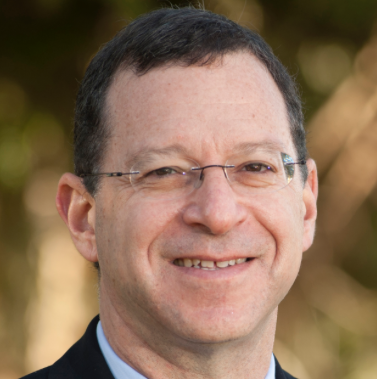 Harris Lewin is a distinguished professor in the Department of Evolution and Ecology and the UC Davis Genome Center. His research focuses on mammalian genome evolution and the role of chromosome rearrangements in adaptation, speciation and the origins of cancer. Lewin is leading the Earth BioGenome Project that has the ambitious aim of sequencing and annotating the genomes of all ~1.5 million animals, plants, fungi, and single cell eukaryotes on Earth.
Harris Lewin is a distinguished professor in the Department of Evolution and Ecology and the UC Davis Genome Center. His research focuses on mammalian genome evolution and the role of chromosome rearrangements in adaptation, speciation and the origins of cancer. Lewin is leading the Earth BioGenome Project that has the ambitious aim of sequencing and annotating the genomes of all ~1.5 million animals, plants, fungi, and single cell eukaryotes on Earth.
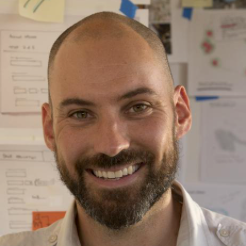 Tom Maiorana is an assistant professor in the Department of Design. He uses prototyping to develop digital experiences. For a recent project in the UC Davis OneClimate initiative, he led a team that developed a sculpture showcasing the many multidisciplinary connections involved in solving climate change at UC Davis.
Tom Maiorana is an assistant professor in the Department of Design. He uses prototyping to develop digital experiences. For a recent project in the UC Davis OneClimate initiative, he led a team that developed a sculpture showcasing the many multidisciplinary connections involved in solving climate change at UC Davis.
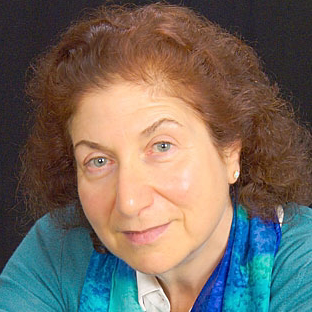 Helene Margolis is an associate adjunct professor in the UC Davis School of Medicine, Department of Internal Medicine. She is a leading expert on understanding human health and climate interactions and is working with the Muir Institute on the California Climate Assessment, building off her extensive experience with the National Climate Assessment and public outreach efforts.
Helene Margolis is an associate adjunct professor in the UC Davis School of Medicine, Department of Internal Medicine. She is a leading expert on understanding human health and climate interactions and is working with the Muir Institute on the California Climate Assessment, building off her extensive experience with the National Climate Assessment and public outreach efforts.
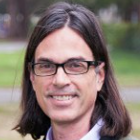 Eric Post is a professor in the Department of Wildlife, Fish and Conservation Biology. He is one of the world’s leading experts on environmental climate change at high latitudes. He is launching a Polar Forum in the Muir Institute to communicate the importance of high latitude environments in the global system.
Eric Post is a professor in the Department of Wildlife, Fish and Conservation Biology. He is one of the world’s leading experts on environmental climate change at high latitudes. He is launching a Polar Forum in the Muir Institute to communicate the importance of high latitude environments in the global system.
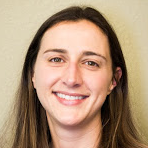 Ann Willis is a senior staff researcher and communications director at the Center for Watershed Sciences. She has been spearheading a new program in science communication, Scientists for Public Engagement and Knowledge (SPEAK). SPEAK aims to make science accessible, engaging, and influential.
Ann Willis is a senior staff researcher and communications director at the Center for Watershed Sciences. She has been spearheading a new program in science communication, Scientists for Public Engagement and Knowledge (SPEAK). SPEAK aims to make science accessible, engaging, and influential.
“We are excited to invest in Muir Institute fellows each year, helping to build stronger collaborations at UC Davis that reverberate positive impacts worldwide,” said Houlton.
About the John Muir Institute of the Environment
Established in 1997, the Muir Institute supports innovation and discovery aimed at solving real-world environmental problems. The institute’s faculty span all of UC Davis’ colleges and professional schools, with a commitment to strengthening the scientific foundation for environmental decision making through collective entrepreneurship – a team-oriented approach that recognizes the complexities of environmental problems and the societal context in which they occur.
Media contacts
- Andy Fell, UC Davis News and Media Relations, 530-752-4533, [email protected]
- AJ Cheline, UC Davis Office of Research, 530-752-1101, [email protected]

